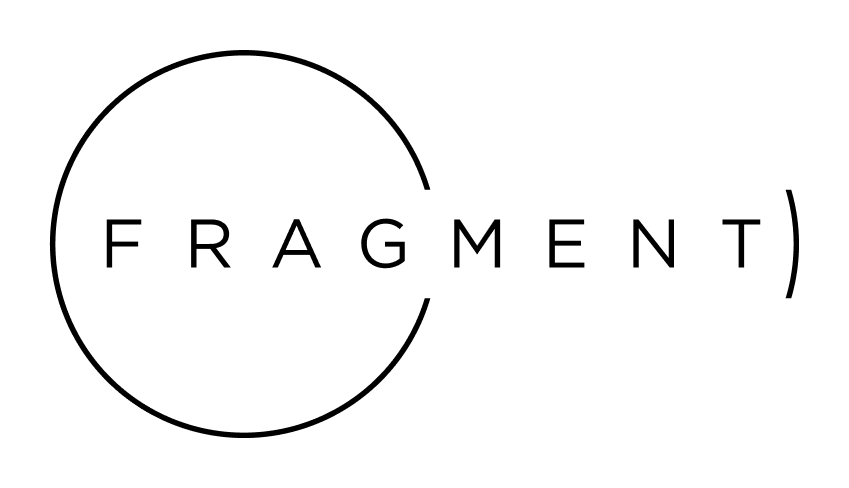Get Updates
Location
Though headquarted in Austin, Texas, Fragment is a fully remote, office-optional company — the Daily Dot, a precursor to Fragment adopted this policy when it launched in 2011 and has never looked back. We seek the best person for any job wherever they are in the world — and we value the variety of perspectives that geographic diversity brings.
The Fragment Story (So Far…)
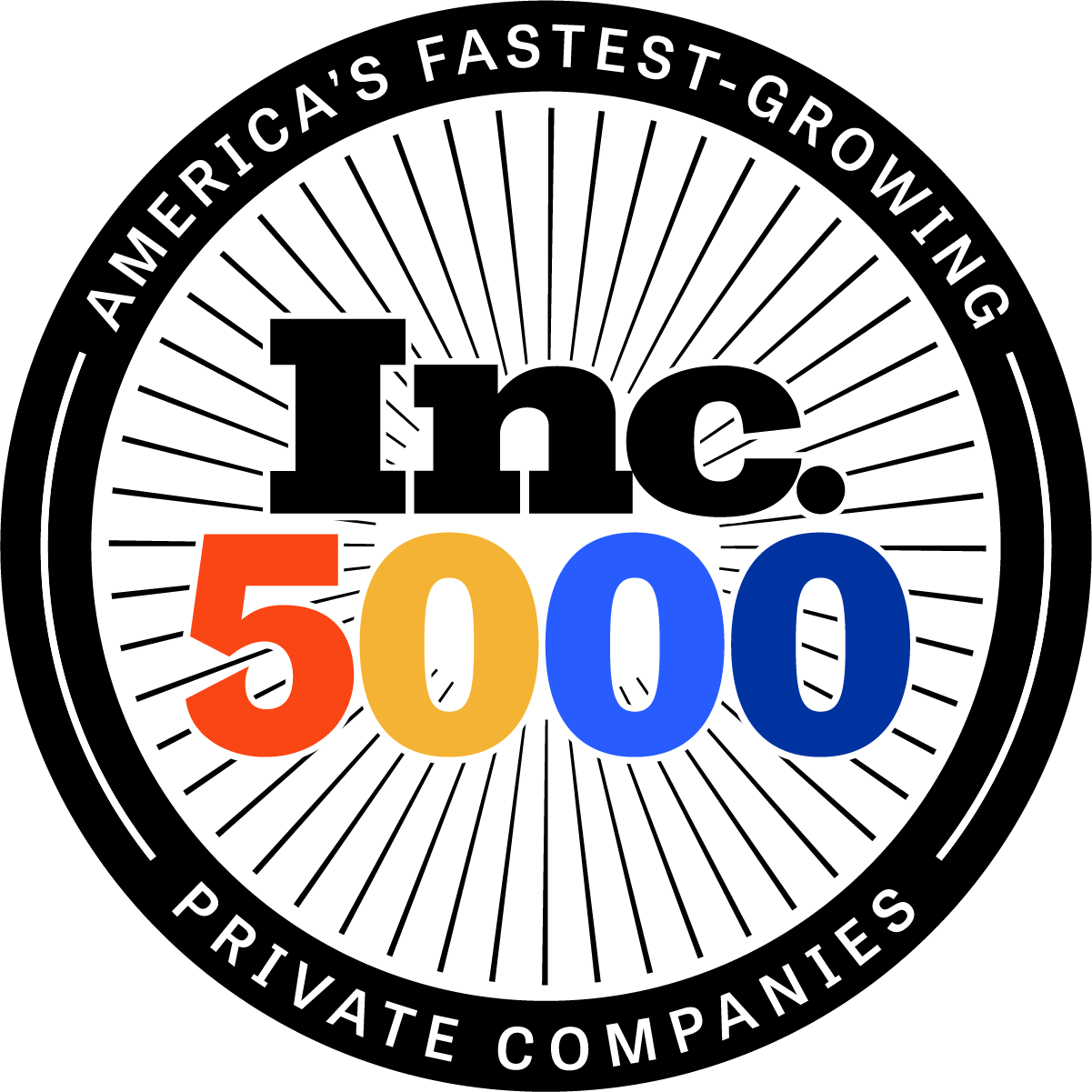
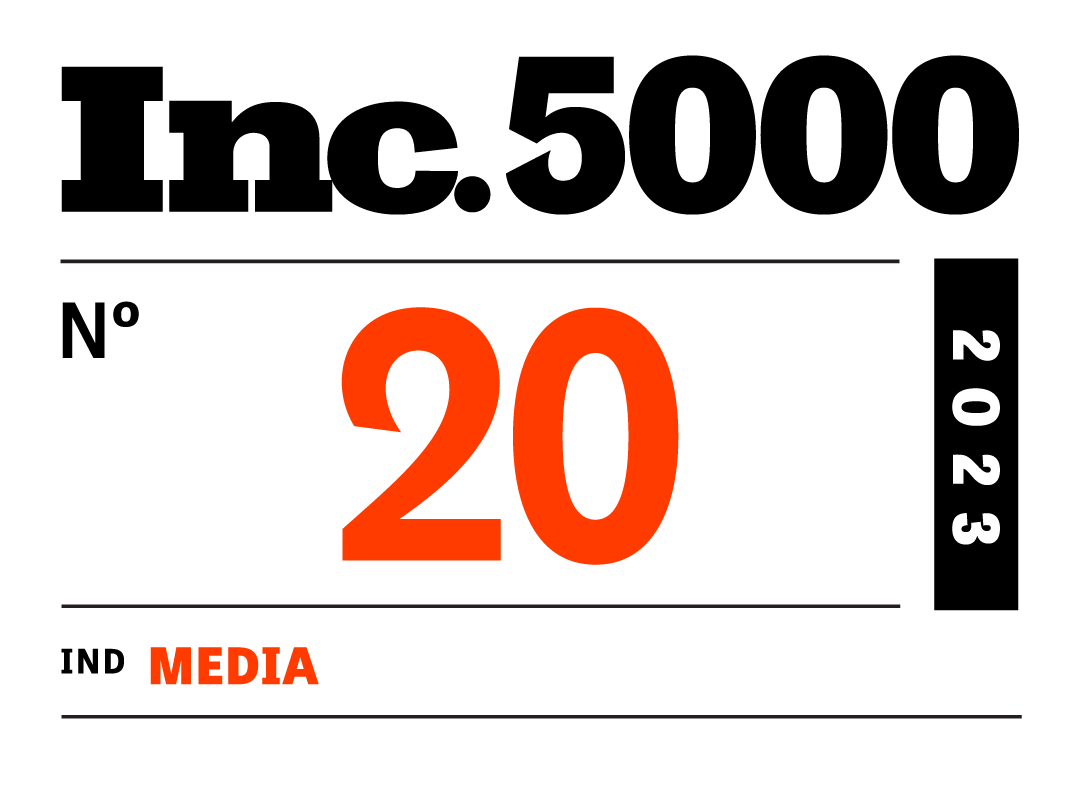
Hi!
Thank you for being here, and being curious about Fragment. As journalists, we tend to keep the focus on others, so we appreciate your interest in us.
In short, Fragment was founded in 2020 through the combination of the Daily Dot and Nautilus in order to investigate and pursue the revolution in member-supported media that was just beginning alongside our ongoing experimentation in advertising- and sponsor-supported media.
To back up a step, I have deep roots in community journalism — for better or worse, I’m the latest in an unbroken line of small-town journalists going back to before the Civil War. I grew up on stories set in the newsroom and stories about the business. After a lot of adolescent attempts to do something — anything — else I found that I loved being a reporter. After that discovery, I quickly got religion and developed an intense belief in the virtue and value of journalism.
While I was working as a reporter in a small town with a half-empty main street (it’s enjoyed a bit of a renaissance since, btw), I was also seeing the deeply vibrant communities that were growing online. I wanted to bring the best of the traditions that I grew up with to the new medium. So, with help from some friends, I founded the Daily Dot in 2011.
It wasn’t just that I saw a market opportunity, it’s that I hoped to find a solution to what I saw — and still see — as a core problem in journalism. Already, and for decades, the resources devoted to original news gathering had been declining. So bringing community journalism to internet communities was both a way to devote new resources to gathering news in previously ignored areas, it was also a lab to experiment with new business models.
The Daily Dot’s audience grew fast, but the business model failed to grow equally well. In fact, as is widely known, as digital took over from analog distribution, the business model for journalism was disrupted across the board and the resources devoted to news gathering have declined even further.
We struggled with the same forces, and have continued experimenting ever since. We’ve had our ups and downs, but we’ve overall made progress. And in 2019, we believed the time had come to begin experimenting with paid member media.
We identified Nautilus as having the strength in membership already and thus providing an opportunity for us to learn about that model and bring those insights to the Daily Dot.
At the same time, we felt that the Daily Dot had the capacity to build audience that, if grafted onto Nautilus, could push its growth much higher. Between the two, we believed we could put together the right skills and abilities to build the media business that supported far more resources dedicated to journalism and that served readers first and above all else. We believed that together we could support communities the way we’d always dreamed.
So we combined the companies to form Fragment in 2020. And while there were enormous challenges — there are easier ways to make money than digital media — in that first year, the two companies grew 50% over the two companies’ aggregate performance from the previous year. Fragment doubled in year two, and jumped 140% in year 3 — at a time when the rest of the media was contracting.
We do not have all the answers yet — probably not even half, but we are taking our hypotheses to new publications now, including Passionfruit, which we began experimenting with in 2022.
We’ve learned a lot in the last 3 years, but we still believe that we are at the beginning of a revolution in how we as a community interact both on- and offline. There will be struggles, false starts, and failures. On the other side, however, there will be a golden age. We feel enormously privileged to be a small part of it.
— Nicholas White
Founder & CEO


Leadership Team

Chairman

CEO & Group EIC
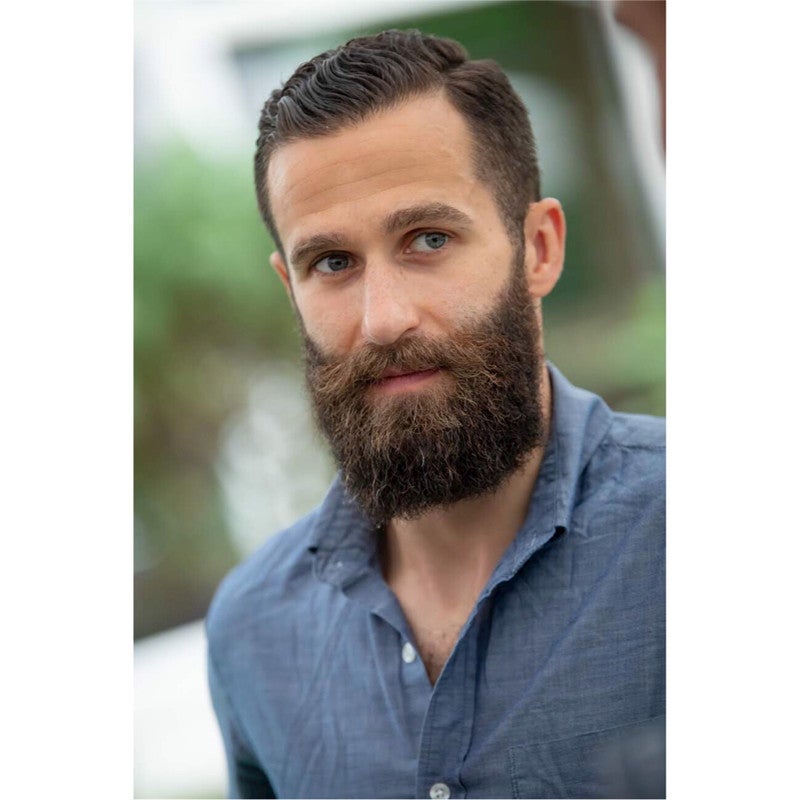
VP, Sales & Marketing

CPTO

VP, Operations
